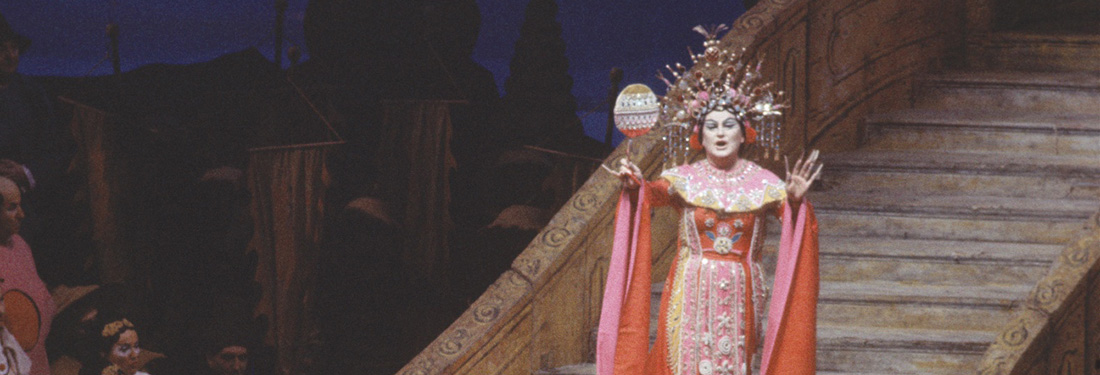
David Fox: I first saw director Tony Richardson‘s starry 1973 film of Edward Albee’s A Delicate Balance when I was still in high school. At the time, I knew Albee pretty much only from Who’s Afraid of Virginia Woolf?, a play I devoured and knew to be brilliant—without, I’m now certain, really understanding it. Anyway, at the time, ADB (as we’ll call it for convenience) seemed to me the most sophisticated, elegant thing I’d ever experienced. Revisiting it 47 years later, I can’t quite say that; in fact, watching it again was a heartbreaking reminder of how much of Albee’s work now strikes me as pretentious posturing (more on that later). But the pleasures of it also came back, including some exceptionally fine acting by an intriguingly disparate group of actors. And it’s certainly full of verve and wit. And it’s visually stunning, set in a to-die-for New England estate. Taken purely as acquisition porn, it’s hard to beat ADB. In that moment I first saw it, there was not a corner of the set, a wardrobe item, or a moment of their luxurious lives I wouldn’t have sold my soul to possess.
Cameron Kelsall: Albee certainly understood that facet of the privileged class—the finely manicured surfaces obscuring emotional rot and pain—having grown up, unhappily, in those environs. Watching ADB now from an historical perspective, it’s easy to understand the play’s allure and initial success. Albee, an avant-garde playwright who successfully transitioned to mainstream theater with Virginia Woolf, blends the absurdist ethos of his early works into an uptown aesthetic with seeming ease. The way he conceptualizes and addresses the problems of the monied class are intriguing and disturbing. He also uses the theatrical technique of certain characters mirroring each other—something I equate heavily with experimentalism—as he also did in Virginia Woolf (and would continue to do throughout his career). But while I agree that the film is rendered nicely and strongly acted, the work itself packs much less of a punch than I’d hoped.
DF: Sadly, I agree. One big issue for me is something I notice now in many Albee plays—a showy obsession with language. In the first scene, Agnes and Tobias good-naturedly but pointedly riff on the difference between an epigram and an aphorism, and later in the play, out of nowhere, Claire pipes up with, “isn’t ‘ilk’ a lovely word?” Maybe it is, and maybe it isn’t—but there’s no mistaking that our preening playwright is congratulating himself on his erudition. I also think ADB fails on a much deeper level. The sense of decaying marriage and family—so utterly riveting in Virginia Woolf—loses momentum here, as we slide into the (to use your good term, Cameron) “absurdist ethos” of a pair of surprise visitors—Harry and Edna, the pair who parallel the principle couple, Tobias and Agnes. Maybe this seemed more interesting and surprising in 1966, when Albee wrote it. To me, now it just feels like something a student might write after discovering Freud’s theories of Id and Super-Ego. It could hardly be more obvious.
CK: The reason Virginia Woolf endures—at least, for me—has much to do with Albee’s unabashedly entertaining playwriting, which often allows him to lob a gut-punch of an observation that catches the audience off guard. ADB, on the other hand, is lugubrious and arch. The very first line of the play, spoken by Agnes, always sticks out in my mind: “What I find most astonishing—aside from that belief of mine, which never ceases to surprise me by the very fact of its surprising lack of unpleasantness, the belief that I might very easily—as they say—lose my mind one day, not that I suspect I am about to, or am even … nearby …” So much said, and yet—so little. And that reflects on the play itself, where terror and breakdown is hinted at strongly, almost blatantly, but the characters never seem to move an inch past the comfort zone. And unlike Virginia Woolf, it ultimately ends not much different from how it begins. All that’s to show is a couple hours spent in the company of some very trying people.
DF: Quoting that first line is indeed telling—can you imagine trying to diagram that sentence? Arch is certainly a word that came to me, and potentially I winced at the thought of Katharine Hepburn as Agnes—I mean, that’s arch meeting arch, no? And it does need to be said that her legendarily distinctive mannerisms are not exactly kept in check here—quite the contrary. Yet, I also think this is one of her finest performances. For one thing, her intelligence absolutely shines through in every moment. She can take these linguistically tortured phrases, and not only find the point in them—but even make them sound like she’s actually thinking and saying them for the first time. That’s an astonishing gift. And Hepburn’s smugness, which frequently turns me off, is ideally in character here. I’ve seen some great actresses as Agnes—Eileen Atkins, Rosemary Harris. (I’ve also seen Glenn Close.) But really, Hepburn here manages something the others did not, including that she’s very, very funny.
CK: The contrast between Hepburn’s controlled, domineering Agnes and Kate Reid’s blowsy, caustic Claire is also the strongest case for the sisterly relationship as Albee wrote it that I’ve ever seen. The ways in which they annoy and, in some cases, upend each other are clear, but there is also surprising affection—the kind you can sometimes find when two siblings are so different they can’t really be put into competition with each other. Reid—who, to bring this article back to another frequent discussion topic, replaced Kim Stanley after a flameout in rehearsals—is also wonderfully vulnerable in the role, without losing Claire’s crusty exterior.
DF: I remember Reid as my great takeaway from this film when I first saw it—I had never heard of her, and thought she was marvelous. And indeed, I still think so, though of course some of it is the role: Claire really is a gift of a part, with one potentially show-stopping moment after another. But that’s also the danger. When Elaine Stritch played it, she was—of course—electrifying: her triumph in it is almost canonical. But even then, it felt like a guest appearance. Maggie Smith in London even more so—as Parterre’s Krunoslav once wisely opined to me about a different Smith performance, “every line was An Event.” But Reid somehow manages to do it while actually being in the play and in that family, and that’s rare.
CK: I think that is the great success of her performance—it doesn’t overwhelm the surrounding action. Many of her scenes are played opposite Paul Scofield as Tobias, and it’s intriguing to watch them work off each other, given how different they are in terms of style and technique.
DF: Scofield’s performance to me was even stronger than I remembered. He is, of course, regarded as one the preeminent British actors during a time when there were many legends. Honestly, I never entirely “got it.” But here, his magisterial sense of stillness really struck me. He can seem to be doing almost nothing, but somehow everything in the scene takes on a kind of disturbing energy when he’s there. Frankly, I think Tobias is a very hard role to bring to life. George Grizzard was wonderful, but hardly anyone else I’ve seen on stage has done anything with it. I also think that, although the three leading actors here—Hepburn, Scofield, and Reid—should make no sense together… miraculously, somehow, they really do.
CK: The film is cast well across the board. Among the supporting performances, Lee Remick really stands out as the petulant daughter Julia, returning home after the collapse of her fourth marriage. It struck me more so than ever here how little Albee invests in her character—she has the emotional depth of Veruca Salt—but Remick manages sympathy and grotesqueness in equal measures. And as Harry and Edna, Joseph Cotten and Betsy Blair strike all the right patrician notes. Blair especially is a master at silent yet venomous line readings, and glinting, subtly cutting facial expressions.
DF: I agree about all three performances. It’s touching to see Cotten—an actor whose long film career was mostly behind him by then—bring his trademark gentle staunchness to such a different kind of script. Blair I think is exactly as you described her. And to me, Remick is in some ways the revelation here. Julia as written—and usually played—is so drab and morose that we groan every time she shows up. It was a brilliantly different notion to cast Remick, who—here as always—is beautiful, vivacious, and utterly enchanting.
CK: So much talent all around—and so many different types of acting, working together even when you suspect they shouldn’t. It’s a marvel! But god, I just can’t get over the play itself.
DF: Ironically, I think part of the problem here is that, while Richardson’s ADB film feels like an absolutely seamless translation from the stage, ironically it can’t deliver what is the one element that can make the play work in the theater. Again, to your point of “absurdist ethos”—the arrival of Harry and Edna can and should make us question even the fundamental genre of the play. That works in the theater because, well, it’s theatrical. In an otherwise pretty dismal revival, I thought director Pam MacKinnon made something quite stunning of this moment: it suddenly felt like we were in a dream, with what had previously seemed a riff on drawing room dramedy now eerily suspended in something more surreal. I don’t think that’s possible in a film—and, unfortunately, lacking that, ADB as a work feels like it has not withstood the test of time.
CK: Since there are no other readily available versions of ADB to consider, we’ll be closing the loop here, and just as well. But we plan to examine several films featuring Hepburn over the next few weeks. Naturally we’ll be starting with The Philadelphia Story, but if anyone has a request, feel free to leave it in the comments.

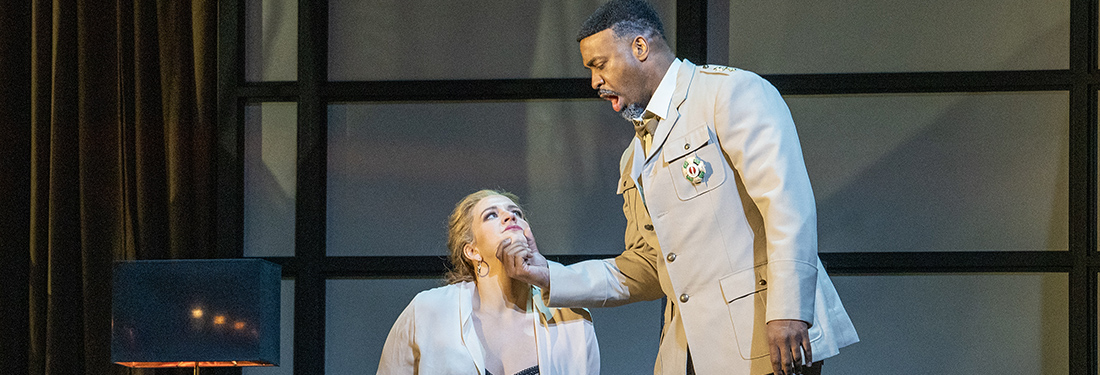
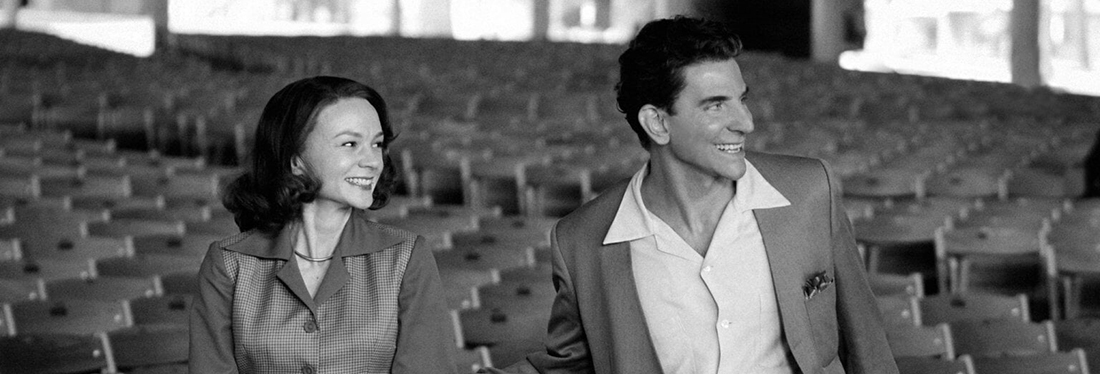
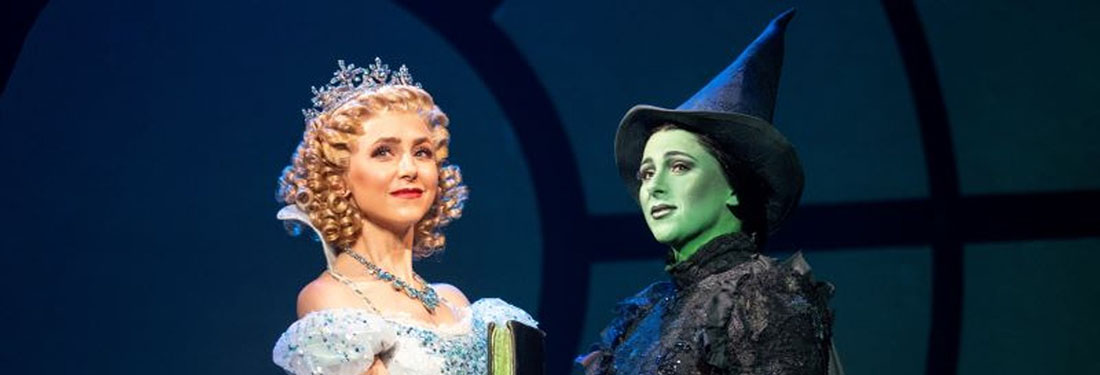
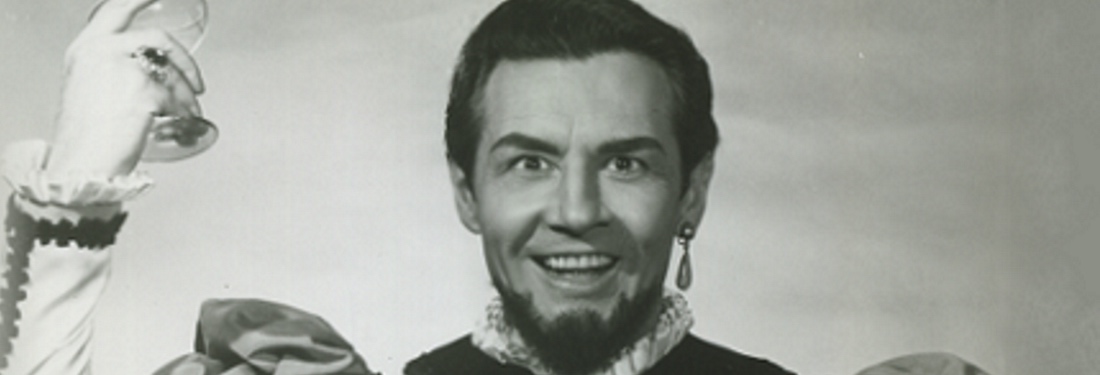
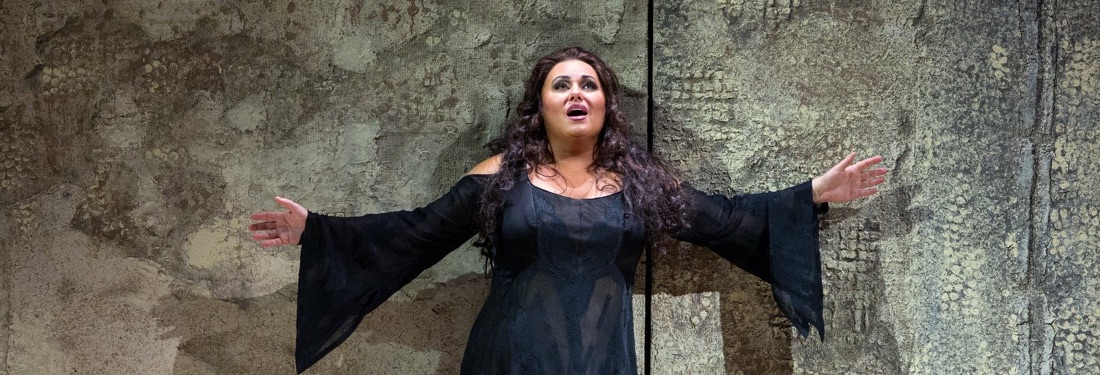
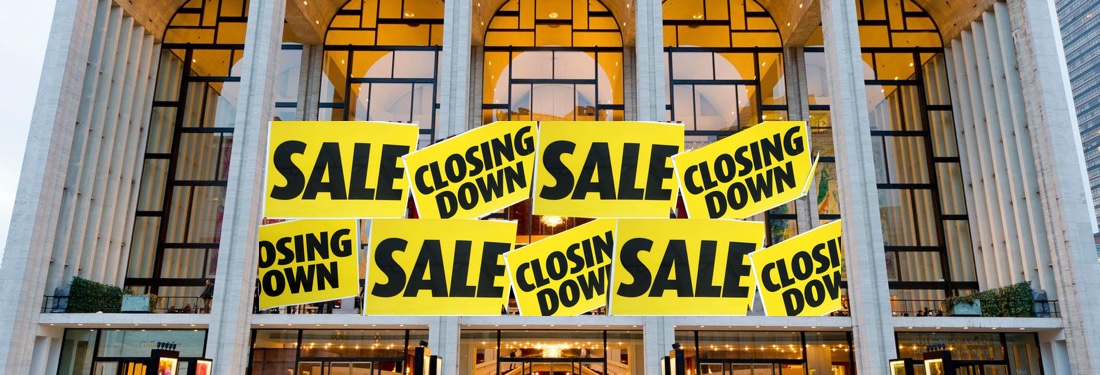
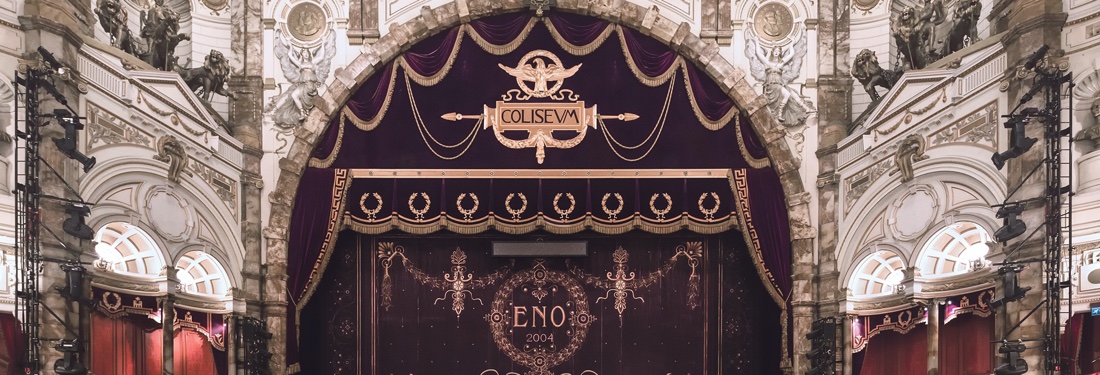
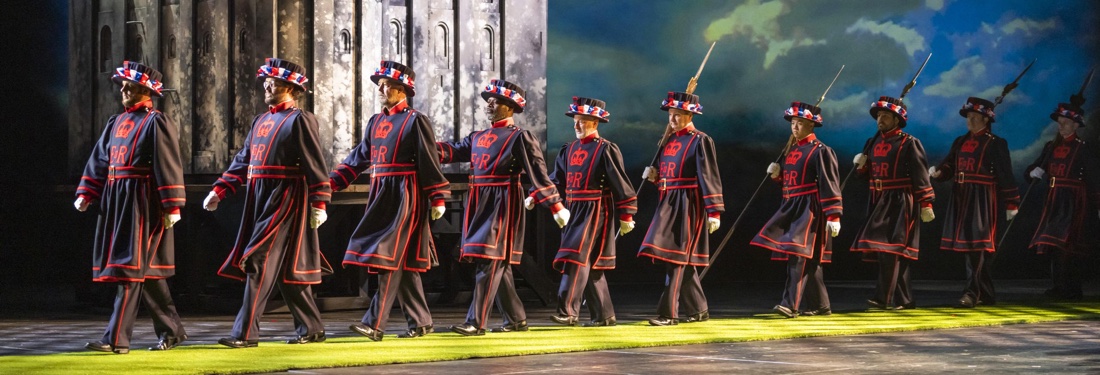

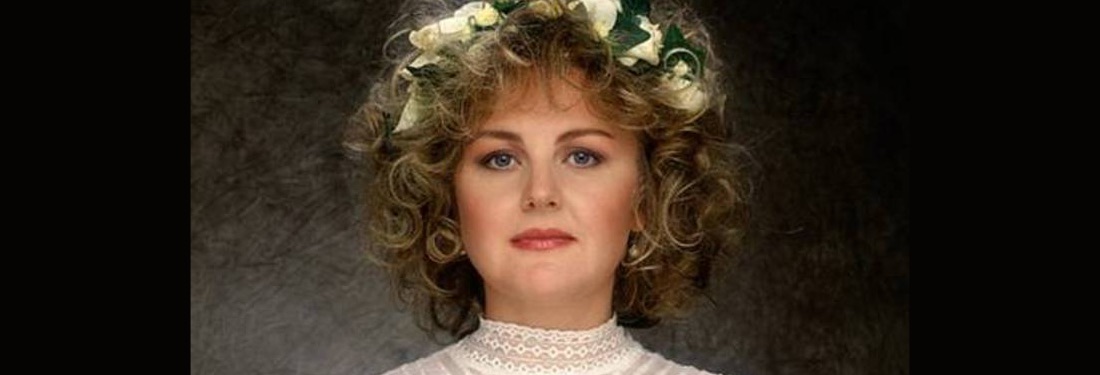
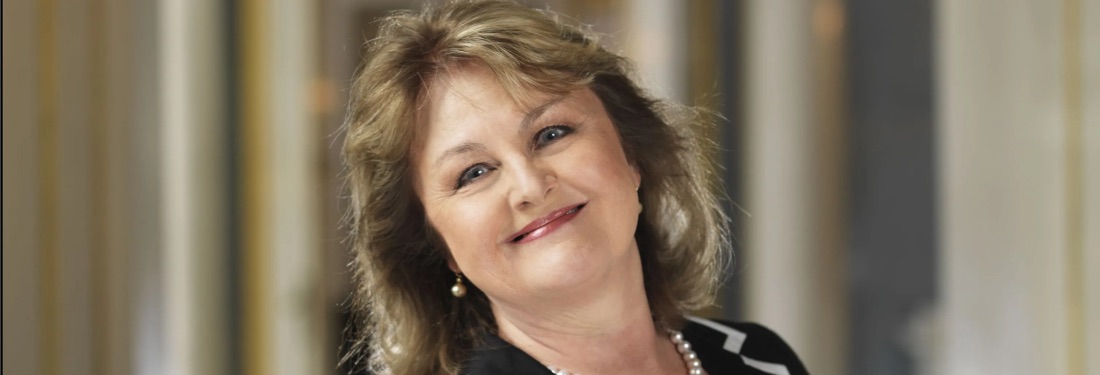
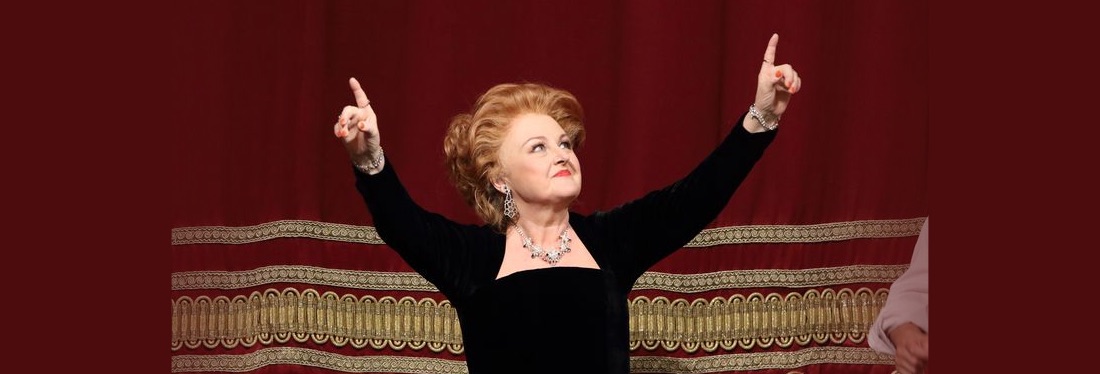
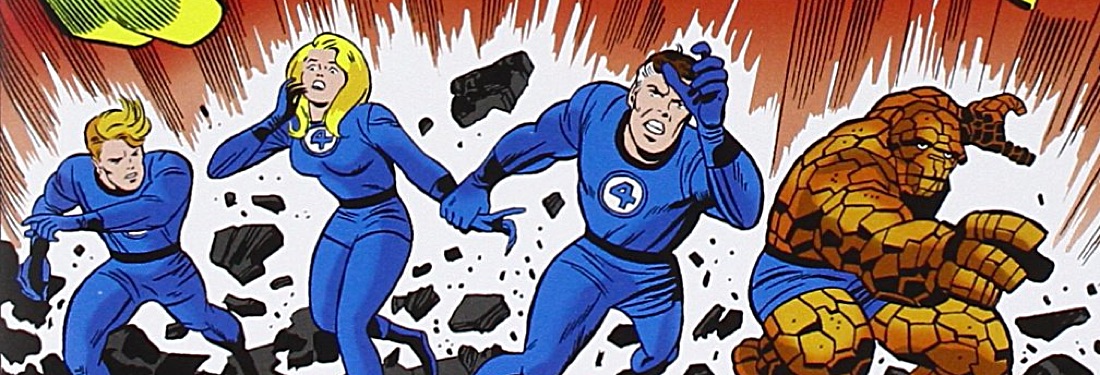
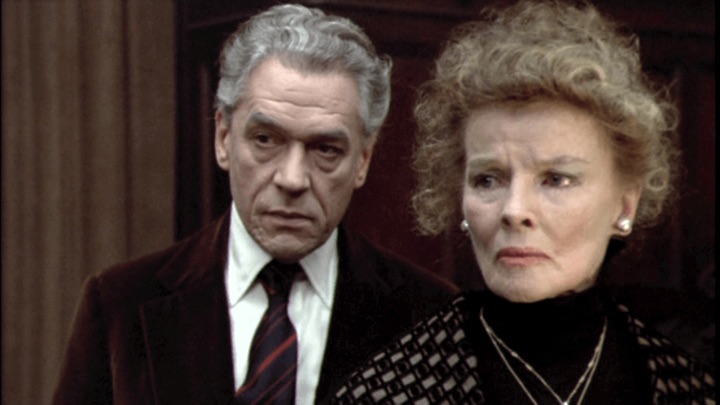







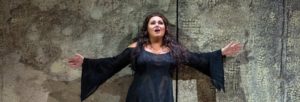



Comments